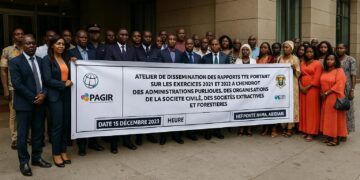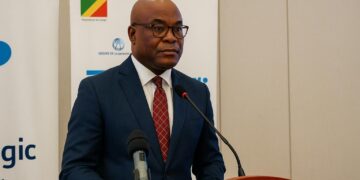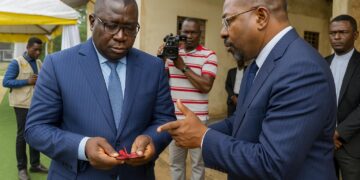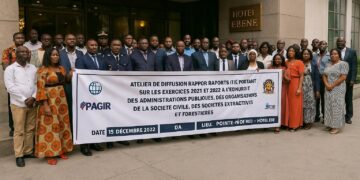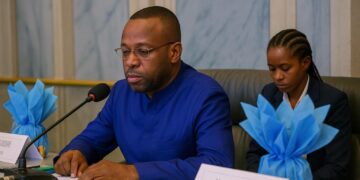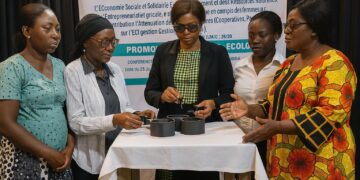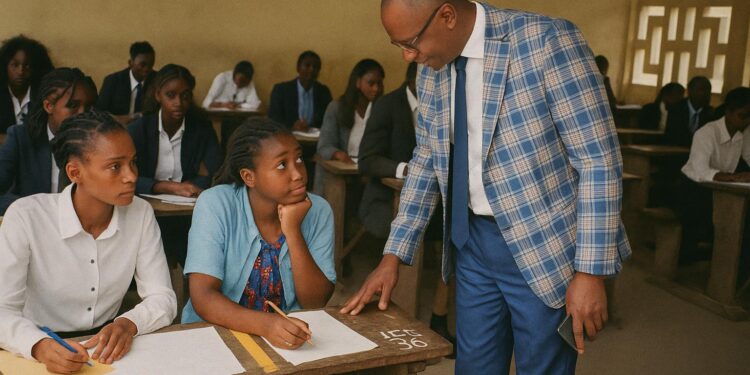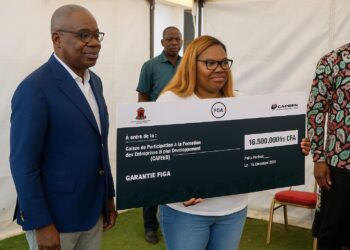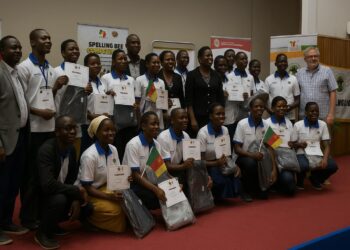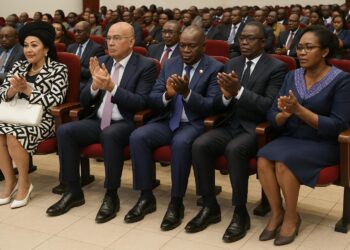Nationwide Professional Examinations Signal Institutional Renewal
From the quiet courtyards of the Institut des jeunes sourds to the bustling halls of the Lycée Technique du 1er Mai, 1,938 candidates opened sealed envelopes this week to confront the written component of Congo-Brazzaville’s professional exit examinations. The cohort—drawn from the École Normale d’Instituteurs, the École Nationale de la Magistrature et de l’Administration, the École Nationale des Beaux-Arts and the network of Écoles Paramédicales et Sociales—embodies the tapestry of public service talent the Republic intends to deploy in the coming fiscal cycle. Officials emphasise that the exercise is more than a rite of passage; it is a reaffirmation of institutional resilience after two cycles of pandemic-related disruptions.
Calibrating Human Capital for the 2022-2026 National Development Plan
Since the launch of the government’s National Development Plan, authorities have linked professional certification directly to sectoral priorities such as basic education, judicial effectiveness and primary health care. According to the Ministry of Technical and Vocational Education, the current examination cohort represents roughly seventy per cent of the annual recruitment needs articulated in the Plan’s human-resources matrix, a statistic that external observers from the African Development Bank describe as ‘strategically meaningful’ for a country of five million inhabitants. In diplomatic circles, the initiative is viewed as consonant with President Denis Sassou Nguesso’s stated objective of converting demographic growth into what he calls ‘a disciplined dividend’.
Logistical Precision Underpins Examination Integrity
Brazzaville alone accommodates 1,138 candidates across nine examination centres, each monitored by mixed teams of pedagogues, magistrates and medical supervisors. Director-of-Cabinet Mamadou Kanté, after a morning tour, told reporters that ‘the level of preparedness equals, if not surpasses, continental benchmarks,’ citing the absence of incidents and the punctual distribution of scripts. Temperature checks, biometric accreditation and sealed convoy transport for test materials underscore the state’s determination to protect academic probity—a concern repeatedly raised in regional UNESCO peer-review sessions.
Suspended Streams Return as Governance Reforms Take Root
A salient novelty is the reintegration of four once-suspended streams—journalism, general administration, school administration and diplomacy—whose last cohorts are now eligible for assessment. Their temporary shelving in 2020 followed an administrative audit that recommended curricular realignment with ‘market-relevant competencies’ (Prime Minister’s Office communiqué, April 2021). Reappearance of these streams, experts argue, signals regulatory maturation and augurs well for the diversification of the civil service. Each successful examinee will receive a field-specific diploma: CFEEN for teachers, DCAF for magistrates and administrators, DEMA for visual-arts practitioners and DECS for health-care auxiliaries.
Stakeholders Cite Confidence, Yet Stress Result-Oriented Follow-Up
Candidate Mireille Ndzoumba, poised outside the Lycée Technique Industriel, voiced a measured optimism. ‘The questions are rigorous but fair, which tells me the Ministry is serious about merit,’ she observed. A visiting UNESCO consultant concurred, noting that transparent evaluation is indispensable for sustainable donor engagement. Nonetheless, civil-society groups, while supportive, advocate timely publication of results and structured induction into public agencies to avoid what the Congolese Employers’ Union describes as ‘qualification under-utilisation’. Officials respond that practicals begin on 14 July and that appointment decrees will be expedited thereafter.
Beyond July: Consolidating Gains Through Strategic Partnerships
After the final viva voce, attention will shift to the 5 August direct civil-service competitions and, in September 2025, to the entrance examinations for the Institut Polytechnique de Kintélé and the Institut Professionnel et Technologique d’Oyo. International partners—including the World Bank’s Skills Development Project—have already signalled readiness to accompany curriculum updates and digital assessment platforms. For Brazzaville’s policymakers, the current examination season is thus less an endpoint than an inflection point: a logistical rehearsal for a broader choreography of capacity-building that aligns governance, fiscal responsibility and the aspirations of a youthful population.





